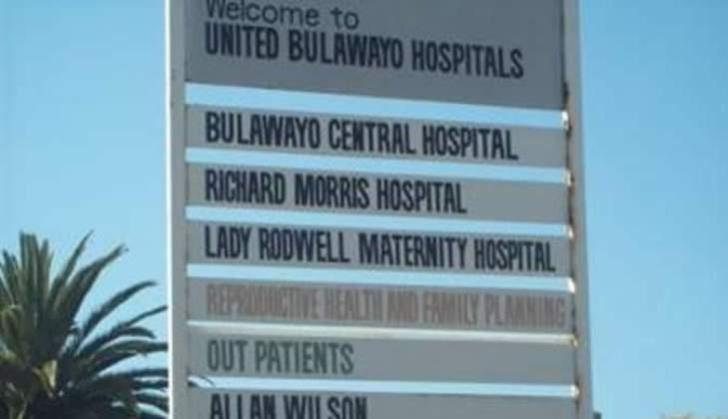News / National
Mpilo, UBH receive solar systems
24 May 2024 at 07:47hrs |
0 Views

To counteract the challenges posed by frequent electricity outages, Mpilo Central Hospital and the United Bulawayo Hospitals (UBH) have each been equipped with a 350-kilowatt solar power system, ensuring a continuous and reliable power supply.
The installation of these solar systems, carried out in partnership with the United Nations Development Programme (UNDP) and the government, aims to minimize disruptions to clinical services.
UBH's acting clinical director, Trust Mushawarima, expressed appreciation for the initiative during a tour, highlighting its significance in sustaining uninterrupted operations of medical equipment. He emphasized the positive impact on service delivery, noting that the hospitals' electricity bills would decrease over time due to their ability to contribute excess power to the national grid.
The tour also revealed that 19 local council clinics are now powered by solar energy, underscoring the growing trend towards renewable energy solutions. UNDP resident representative Ayodele Odusola praised the partnership with the Ministry of Health and Child Care, emphasizing Zimbabwe's potential to lead in sustainable energy practices, particularly given its abundance of lithium resources.
In a separate development, Joel Charangwa, Mpilo's director of operations, announced the nearing completion of one of the largest waste management plants at the hospital. This facility is expected to revolutionize waste management not only within Bulawayo but also across the broader region, with the capacity to incinerate waste generated beyond the city's borders. Charangwa emphasized the project's significance in addressing waste management challenges nationwide.
The installation of these solar systems, carried out in partnership with the United Nations Development Programme (UNDP) and the government, aims to minimize disruptions to clinical services.
UBH's acting clinical director, Trust Mushawarima, expressed appreciation for the initiative during a tour, highlighting its significance in sustaining uninterrupted operations of medical equipment. He emphasized the positive impact on service delivery, noting that the hospitals' electricity bills would decrease over time due to their ability to contribute excess power to the national grid.
The tour also revealed that 19 local council clinics are now powered by solar energy, underscoring the growing trend towards renewable energy solutions. UNDP resident representative Ayodele Odusola praised the partnership with the Ministry of Health and Child Care, emphasizing Zimbabwe's potential to lead in sustainable energy practices, particularly given its abundance of lithium resources.
In a separate development, Joel Charangwa, Mpilo's director of operations, announced the nearing completion of one of the largest waste management plants at the hospital. This facility is expected to revolutionize waste management not only within Bulawayo but also across the broader region, with the capacity to incinerate waste generated beyond the city's borders. Charangwa emphasized the project's significance in addressing waste management challenges nationwide.
Source - newsday
Join the discussion
Loading comments…











































